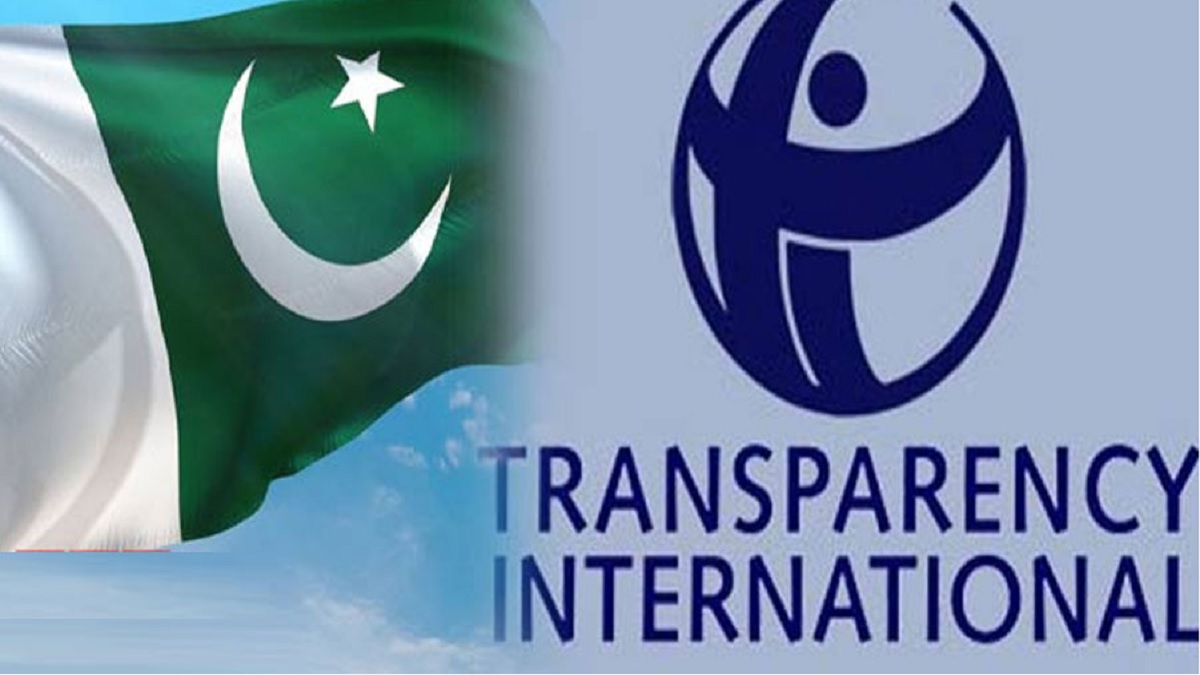According to the Transparency International Pakistan (TIP) National Corruption Perception Survey (NCPS) 2021, police are the most corrupt department, followed by the judiciary, the tendering process, and health.
From October 14, 2021 to October 27, 2021, TIP conducted the National Corruption Perception Survey 2021 in all four provinces. The level of corruption in nine sectors has also been assessed, with the general public believing that police (41.4%) is the most corrupt, judiciary (17.4%) is the second most corrupt, tendering and contracting (10.3%) is the third most corrupt, and healthcare (7.5%) is the fourth most corrupt in Pakistan.
When asked which period of government had the highest inflation, 92.9% said the period from 2018 to 2021, which is the tenure of the current PTI government, had the highest inflation. The second highest period was from 2013 to 2018, during the PML-N government, and the third highest period was from 2008 to 2013, during the PPP government. The survey also sheds light on local government and how its presence could have assisted Pakistan in gaining a firmer grip on the situation created by Covid-19.
It is stated that approximately 47.8% of Pakistanis believed that if local government elected representatives had been in place, Covid-19 public awareness campaigns could have been launched effectively. In the absence of elected local bodies, 72.8% believe that corruption has increased in Pakistan, and the majority (50.6%) blamed government incompetence for rising inflation and unemployment.
According to the NCPS, 89.1% of Pakistanis said they did not pay any bribe to police or any government official during the federal government’s Covid-19 relief efforts for deserving citizens.
85.9% of Pakistanis believe their income has decreased over the last three years. According to Pakistanis, the main cause of corruption is a lack of accountability (51.9%), while 40.1% believe that the government should immediately increase punishments to combat corruption.
Read More: Justice Ayesha Malik makes it to world’s 100 inspiring women list
In response to accountability questions, 85.9% of Pakistanis are dissatisfied with the government’s self-accountability, and 66.8% believe the accountability process is biased.
According to NCPS 2021, the three most important causes of corruption are a lack of accountability (51.9%), the greed of powerful people (29.3%), and low wages (18.8%).
As measures to combat corruption, 40.1% of Pakistanis believe that increased/stringent punishments for corruption cases, 34.6% believe that accountability of public officers by expediting NAB’s handling of corruption cases, and 25.3% believe that a complete ban on those convicted of corruption from holding public office are critical.
A sizable proportion of the population (81.4%) stated that they do not willingly pay bribes to police or anyother government department, and there is a widespread belief that bribes are extorted from the public through tactics such as inaction or delay in the provision of public services.
According to the survey results, the main reasons for rising inflation and unemployment are: government incompetence (50.6%), corruption (23.3%), undue interference of politicians in government affairs (9.6%), and lack of policy implementation (16.6%).



























